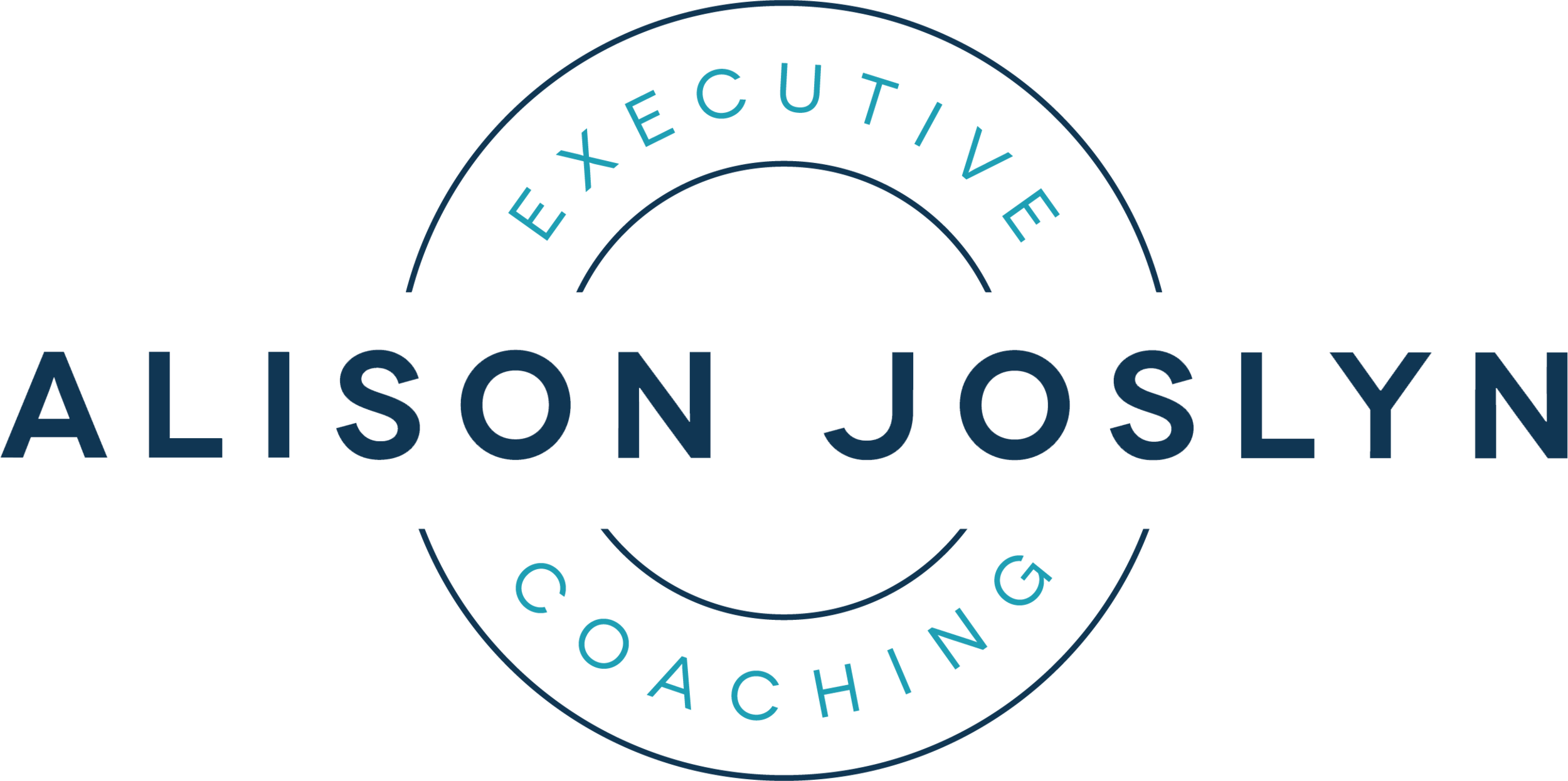The definition of coaching
and what types of goals can be reached through coaching
There are many definitions in the world that characterize coaching. I find the International Coach Federation (ICF) definition to have the most impact when working with people to make permanent changes in the way they think and act.
The ICF defines coaching as partnering with clients in a thought-provoking and creative process that inspires them to maximize their personal and professional potential. This means we are not experts/consultants that give you the solutions to your problems, or doctors/counselors who search for your dysfunction to fix or heal you. You honor the person you are coaching as creative, resourceful and whole.
Clients include executives and emerging leaders across a range of industries whose focus may include:
Implementing ways to improve communications and inspire greater team performance.
Finding better solutions for dealing with difficult people and situations.
Leading through changes in the organization, marketplace, and the world.
Creating visions and plans, both personally and professionally.
Managing stress and well-being to maintain personal high-performance.
Mobilizing leadership teams.
Preparing for the next-level leadership position.
Experiencing greater fulfillment and success.
My Coaching Style
There is a big difference between mentoring and professional coaching. My role is not to share how I would have addressed a situation but to enable you to build the self-awareness, confidence, and abilities to manage difficult and complex issues as they arise. Your continued success will depend on your expanding awareness and the commitment to implementing the changes you design. My coaching approach is intended to inspire you to achieve your goals through taking action, discover how to remove barriers to change, and maximize your momentum to achieving your highest potential as a great leader.
When the coach acts a “thinking partner” instead of an instructional guru, the leader can be more successful in today’s environment shrouded by uncertainty, ambiguity, and complexity. Coaching will challenge assumptions, explore beliefs, provide a safe space to talk about fears and hopes, and create reasonable expectations for change. Leaders can then make better decisions and have the confidence to implement the changes they choose to make.
My techniques are intended to move you outside your comfort zone, challenging you to see yourself in the mirror through feedback, identifying your emotional triggers and blocks, and removing constructed layers that block your development.
That’s not to say that there won’t be occasions when experience, best practice, or existing models or tools won’t be suggested to expand thinking and possible solutions. When needed, resources will be provided for the leader to broaden perspective and make informed choices to resolve problems.
Typical coaching process
The process works best when the following steps are included during a multi-month engagement:
Partner with the leader to define their vision and overarching goals to guide the course of the coaching engagement. This initial session can be live with the client or via videoconference and can take 1-2 hours. If desired, the coach can also “shadow” the leader to observe how the leader performs during meetings and assess the impact on those present.
Meet with the leader regularly (every 1-5 weeks) virtually to review progress, strategize current dilemmas, and explore new skills that could help the leader achieve their goals. The coach will provide models, resources, and helpful techniques as needed.
Review results on a periodic basis with the leader, to keep the goals in focus and to continually assess the value of the coaching relationship.
In between sessions it’s important that the leader carve out time and space to reflect on development. The leader should feel free to contact me anytime between sessions if there are questions to ensure ongoing learning and growth rather than a set number of coaching interventions.
In summary, the leader will experience an integrated approach to coaching which doesn't rely on dogma or process. It focuses on a customized design to ensure success, supplemented by resources to ensure the desired behavioral changes are made for the long-term.
